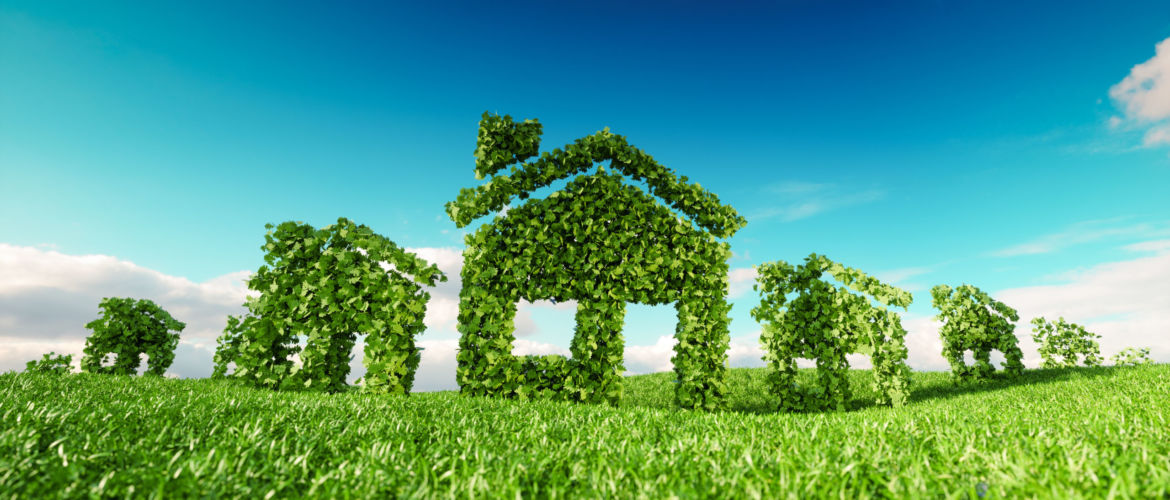Tips for sustainable real estate
source: https://www.bestcoastdevelopers.com/tips-for-sustainable-real-estate/
Here’s a list of some common upgrades to help reduce energy consumption,
lower utility bills, and decrease your home’s environmental impact.
- Insulation – walls, attic, and floors, seal leaks around windows, doors, and ducts.
- Energy-Efficient Windows and Doors
- Switch to LED bulbs.
- Maximize natural light in your home by strategic use of windows, light- colored paint, and reflective surfaces.
- Install a smart thermostat and lighting controls.
- Install Energy-Efficient Blinds and Curtains that provide insulation and help control indoor temperatures.
- Upgrade to Energy-Efficient Appliances and water heater.
- Solar Panels: Consider installing solar panels on your roof to generate your
own clean energy and reduce your reliance on the grid. - Upgrade HVAC System or install geothermal heat pump when feasible for
maximum savings; service your system regularly. - Use Low-Flow Plumbing Fixtures, High-Efficiency Toilets to conserve water.
- Collect rainwater for outdoor use, or install a gray water system.
- Consider a Green Roof (planted with vegetation) or a Cool Roof (reflective
materials) to reduce heat absorption and lower cooling costs. - Install energy monitoring systems to track and analyze your home's energy
consumption. - Landscaping – Plant trees strategically for shading and windbreaks, and
choose native, drought-resistant plants to reduce irrigation needs. - Ensure good ventilation in your home to maintain air quality and reduce
the need for excessive heating or cooling. - Set up a recycling and composting system to reduce waste and lower the
environmental impact of your household. - Consider getting a professional home energy audit to identify specific areas
for improvement.
Remember that the most effective upgrades for your home will depend on its
specific characteristics and your local climate. Consult with experts in energy
efficiency and sustainability to determine the best improvements for your
situation.
